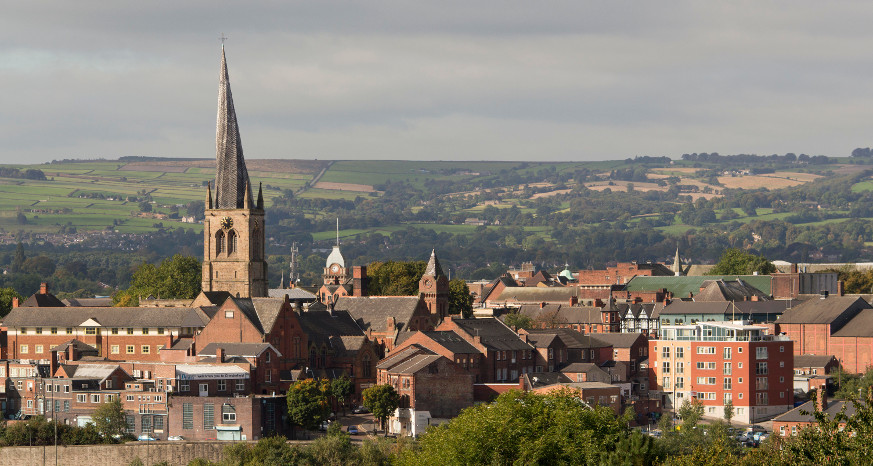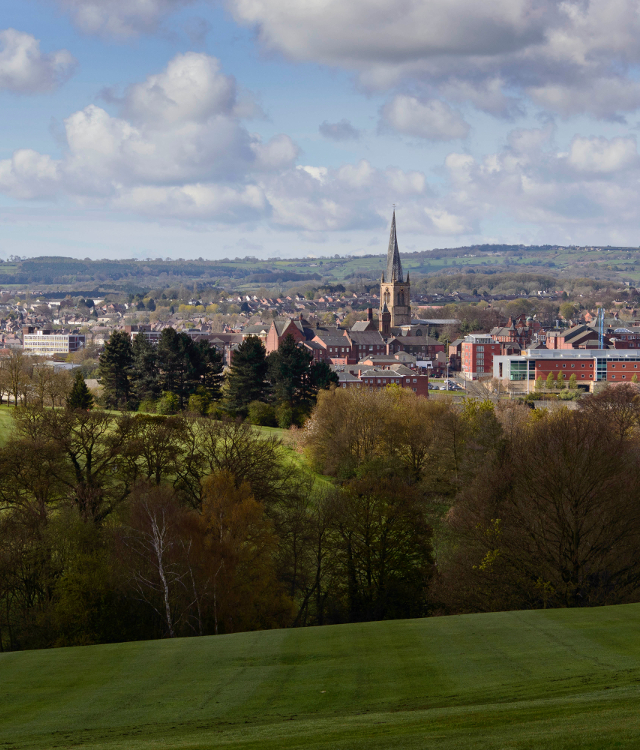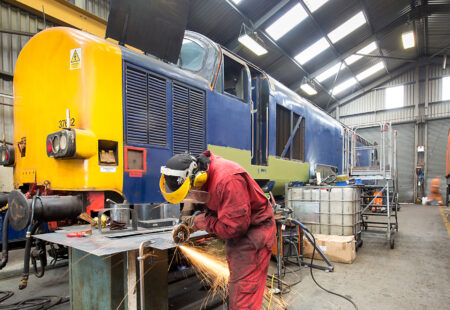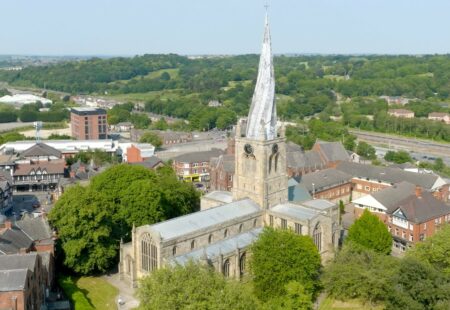Lower council tax rise proposed as Derbyshire County Council consider budget
Derbyshire County Council are considering a lower than predicted council tax rise, continual investment in road improvements and targeted spending on services for vulnerable older people and children.
The Cabinet will meet on Thursday, 24 January 2019 to consider how the budget for 2019-20 will be spent, which is proposed to be set at £519.5m.
They will consider which services to prioritise and at what level council tax needs to be set to ensure vital services can continue while providing value for money for Derbyshire residents.
A predicted council tax rise of 4.99% has already been ruled out in previous discussions, in favour of a lower proposed rise of 3.99% for the coming year, with the bulk of the money helping to provide services for vulnerable children, people with disabilities and older people.
At 3.99% it is also lower than the maximum allowed by Government and 1% lower than last year. It will mean that Derbyshire’s share of council tax bills is set to remain below the average for similar councils.
Derbyshire County Council are looking at how they can achieve a freeze on council tax for the two years from 2020 to 2021, which is a challenging aim but one that is in the best interest of residents.
They’re confident that their finances are in a strong position, but in order to ensure the books balance, it has set a departmental savings target of £13.4m for the year ahead. The savings target over the next five years is £63.2m.
Derbyshire County Council Leader Councillor Barry Lewis said: “At a time of uncertainty around the economy, we want to do what we can to reduce the pressure on household costs which is why we are going for a lower council tax rise. The bulk of that money will be used to provide support to people who are more vulnerable.”
“In future years our desire is to keep council tax rises as low as possible while working with our community to protect the services that matter to our residents the most.”
While a significant element of savings have been identified, as detailed in the report that will be considered next week, work continues on how to meet the overall target by the end of March 2020.
Alongside the detailed budget report, councillors will also consider the results of the authority’s budget consultation which was held at the end of last year.
Almost 7,000 people responded to the consultation, which asked them to choose from a list of council priorities, marking which they thought should be the top three priorities for the authority.
Improving social care, repairing and improving the condition of Derbyshire’s roads and keeping children and adults safe were the top three priorities for residents.
Residents were also asked as part of the consultation whether they would accept a council tax rise of 3.99%, 4.99% or neither. A total of 31% said they would accept a rise of 3.99%, with 34% saying a 4.99% rise would be acceptable, with 35% saying neither would be acceptable.
Councillor Lewis added: “We’ve listened to what Derbyshire residents have told us in the consultation and we know that protecting services for vulnerable people is a priority, as is continuing to invest in road improvements.”
“In the past year we’ve fixed 68,000 potholes and we’ll be continuing our improvement programme, recently boosted by a £8.4m cash injection from Government.”
In summary, next week the Cabinet will consider:
- Setting the annual budget for 2019 to 2020 at £519.5m
- Raising the council tax by 3.99%
- A 2% adult social care precept included in the overall 3.99% council tax rise which will generate £6.3m
- Spending the remaining 1.99% on funding other council priorities including children’s services
- Accepting departmental savings proposals to achieve a savings target of £13.4m for 2019-20.
A 3.99% rise in council tax would see an increase of £39.48 per year or 76p per week rise for the average ‘Band B’ household and for a ‘Band D’ household, the rise would be £50.76 per year or 98p per week.
The adult social care portion (2%) of the overall 3.99% increase will cost the average ‘Band B’ property £19.79 a year or 38p per week and for a ‘Band D’ property £25.44 per year or 49p per week.
At the meeting next week, the Cabinet will make recommendations to Full Council to consider when it meets on Wednesday 6 February 2019.




